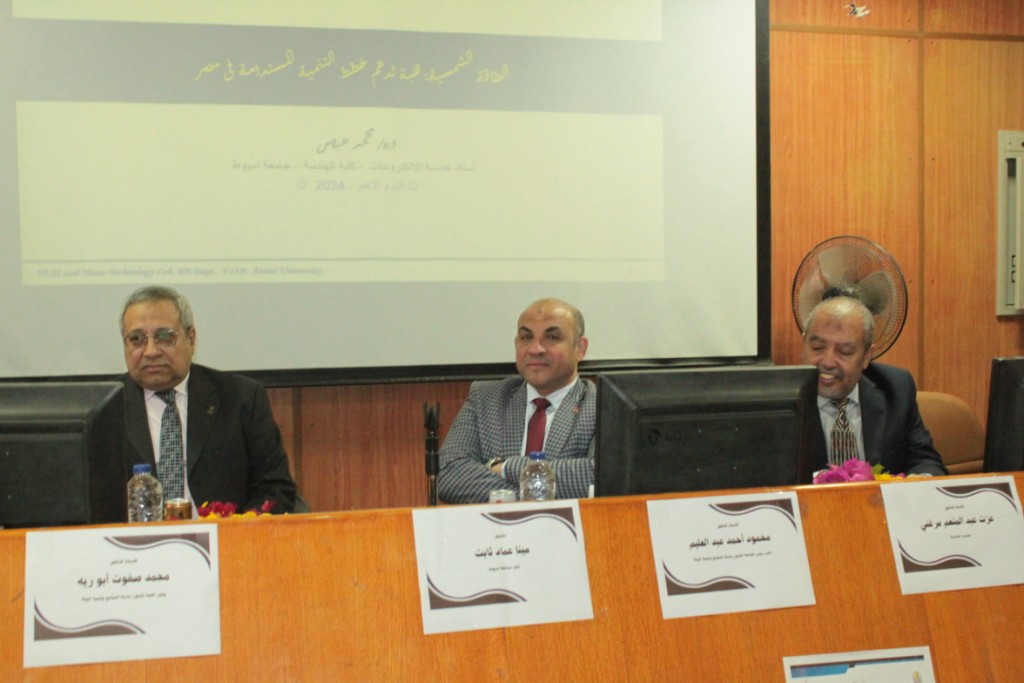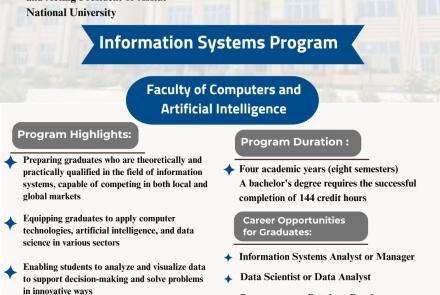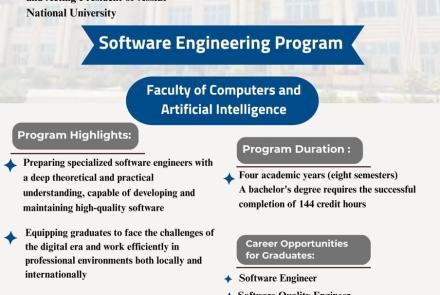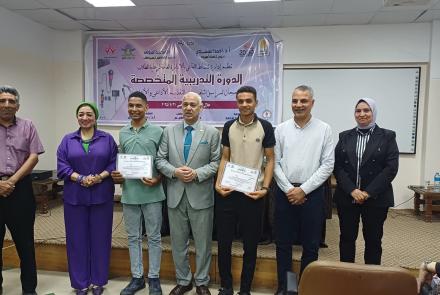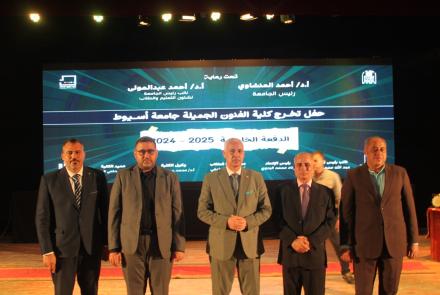Under the supervision of Prof. Ahmad El-Minshawy, president of Assiut University, the Faculty of engineering organized a scientific symposium entitled" solar energy " on Tuesday, December 31 .. A gift to support sustainable development plans in Egypt" under the supervision of Dr. Mahmoud Abdel Alem, vice president for community service and Environmental Development, Dr. Ezzat Abdel Moneim Marghani, dean of the college, and Dr. Mohammed Safwat Abureh, vice dean for community service and environmental development.
Dr. Mohammed Abbas, professor of Electronics Engineering at the Department of Electrical Engineering - Assiut University, and engineer Ibrahim Samak, chairman of the Board of Directors of Engcotec company in Germany, attended with the participation of a number of department heads, faculty members, and students at the college.
Prof. Ahmed El-Minshawy stressed the importance of the topic of the scientific symposium, which aims to raise awareness of the importance of solar energy and its pivotal role in achieving sustainable development, as one of the most important renewable energy sources that lead to reducing greenhouse gas emissions, and then reducing the impact of climate change.
For his side, Dr. Mohamed Abbas reviewed the Sustainable Development Goals, Egypt's Vision 2030, as well as the reference guide on the 2030 Sustainable Development Plan emanating from the United Nations Sustainable Development Group.
Dr. Mohammed Abbas pointed out that the prospects for Sustainable Development are affected by a number of major phenomena, including: "poverty, inequality, demographic and social change", as well as technology, the Fourth Industrial Revolution, climate change, reviewing the Industrial Revolution, carbon emissions, traditional power plants, and environmental pollution.
He also pointed to the global efforts to reduce these risks through the Kyoto climate agreement and the Paris climate agreement as one of the outcomes of the COP21 conference of the parties, in addition to presenting the objectives of the National Climate Change Strategy in Egypt 2050, including: achieving sustainable economic growth, reducing emissions in various sectors, promoting scientific research, technology transfer, knowledge management, and raising awareness to combat climate change.
During his lecture, engineer Ibrahim Samak spoke about Egypt's sustainable Vision 2030, and the localization of industry as a key factor in economic growth, through the production of sustainable electrical energy from polysilicon; for the electronics industry, reviewing its production process, commercial production, costs, and economic feasibility, explaining that: Egypt has a competitive, balanced economy based on innovation, knowledge, and integrated social justice with an ecosystem that invests in humans to achieve sustainable development goals, and adapt to regional and international developments.
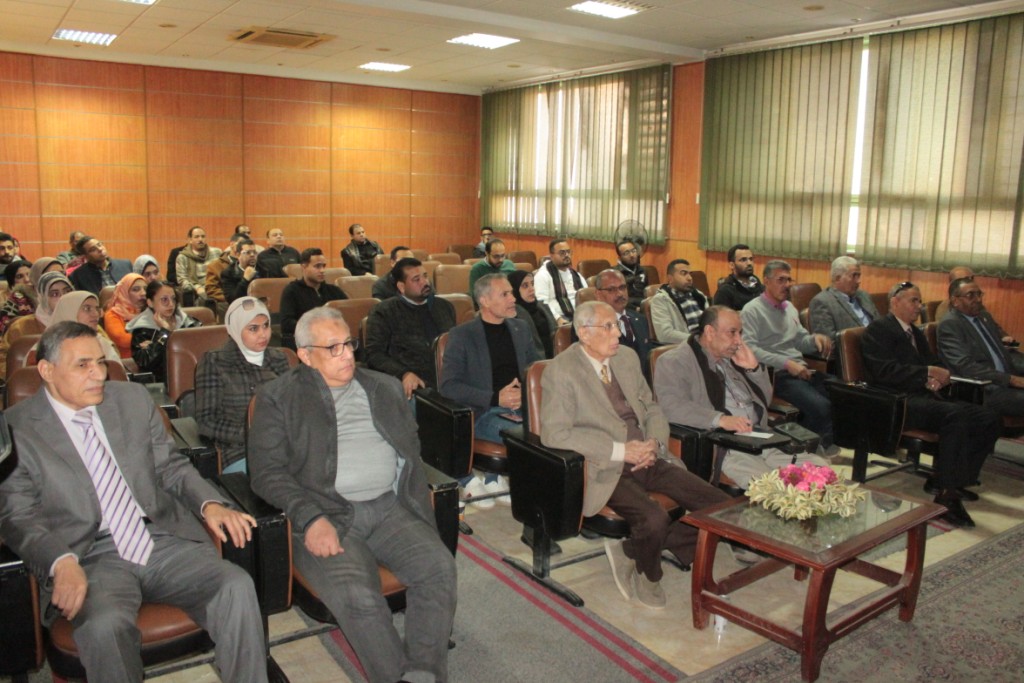
 Do you have any questions?
Do you have any questions? 
